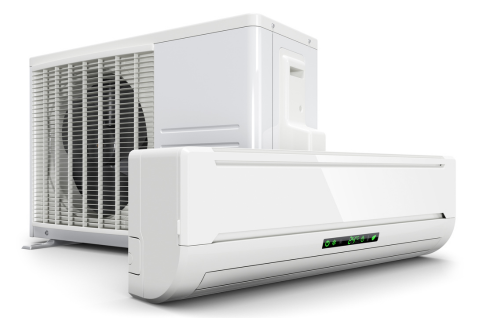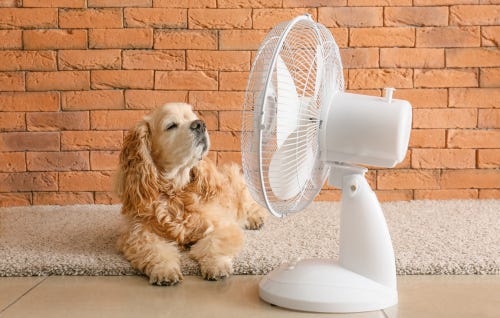Keep cool the smart way
Avoid using more energy than necessary to beat the heat
With heat wave after heat wave, I’m not about to tell you not to use air conditioning. Heat can kill, and it’s essential to keep your body temperature within comfortable limits. That said, those limits are likely warmer than you’re used to—so this might take a bit of adjustment. The good news? Our bodies are highly adaptable, and you can get used to new conditions pretty quickly.
Use air conditioning—but don’t push it
Air conditioners are intended to cool the air inside a room, apartment, or home about 20 degrees (Fahrenheit) cooler than outside air. Yep: 20 degrees. If you’re using it to cool down more than that, the unit is working much harder than it should, will stop cooling and dehumidifying the air, and will begin to experience problems.1 It’s far better to set it to a warmer temperature during the day to avoid having the unit break down when you need it most. That goes for whole-house units and those in individual rooms.
If you have the option, install a programmable thermostat and set it no lower than 78 during the day when you’re home. If your home is empty for part of the day, set the temperature to 85 while you’re away and back to 78 shortly before you return home. Every degree you increase the temperature equals a three-percent savings on your energy bill.2
In the evening, as it cools down outside, you can set it much lower. Most people sleep better in cooler temperatures,3 the AC unit will function better at night, and you can start the next day with a cooler home that will take longer to warm up.
Use fans—but only when you’re in the room
If your AC doesn’t seem to be cooling enough, turn on fans. Moving air creates a wind-chill effect, carrying heat away from your skin and cooling you down. Be aware that fans don’t change the temperature of the room. So only keep fans running when you’re in the room to feel the breeze—otherwise, they’re a waste of energy.4
Other ways to beat the heat
If you get direct sunlight, be sure to keep window covers closed and consider investing in some that block more light. This will reduce the amount of warming caused by sunlight streaming in. If it cools down enough at night to open windows, be sure to close them again well before you think you need to, to trap that cooler air indoors. This will allow you to go longer before needing air conditioning.
If you like One Simple Thing, please forward to a friend who might be interested in taking steps toward a healthier planet!
Frederick Air. Reduce stress on your AC with the 20-degree rule. https://frederickair.com/home-comfort/reduce-the-stress-on-your-ac-with-the-20-degree-rule/
Farrell, Mary H.J. Best settings for your central air conditioning. Consumer Reports. June 11, 2024. https://www.consumerreports.org/appliances/central-air-conditioning/best-setting-for-central-air-conditioning-a1889096483/
Cleveland Clinic. What’s the best temperature for sleep? November 16, 2021. https://health.clevelandclinic.org/what-is-the-ideal-sleeping-temperature-for-my-bedroom
Department of Energy. Spring and Summer Energy-Saving Tips. https://www.energy.gov/energysaver/spring-and-summer-energy-saving-tips




